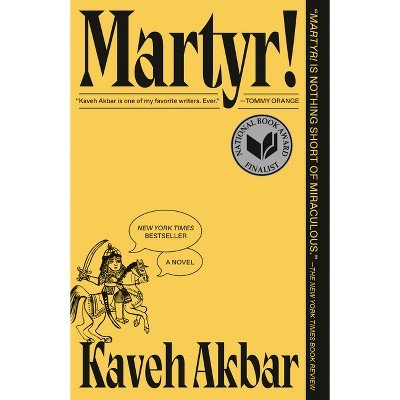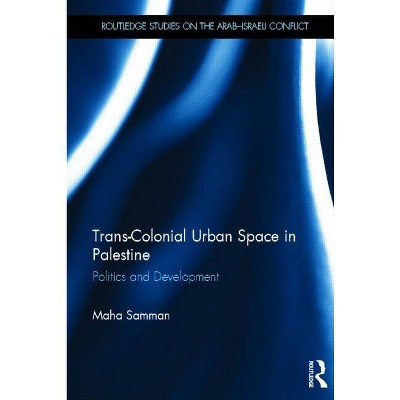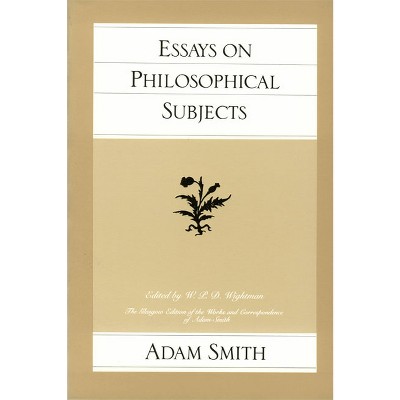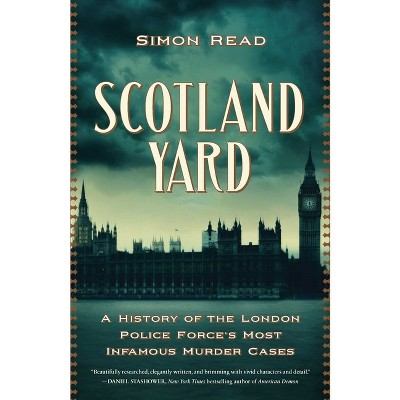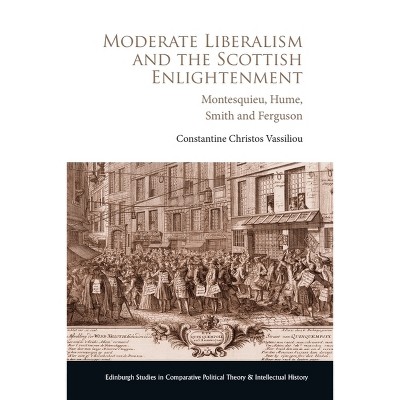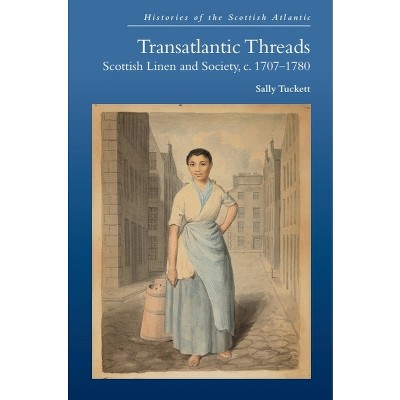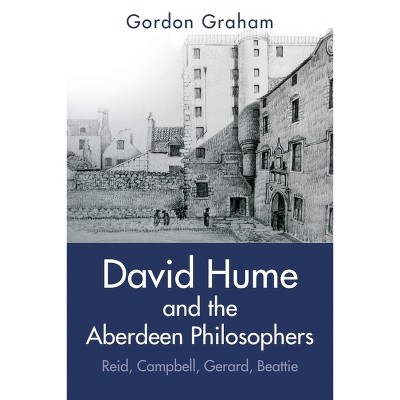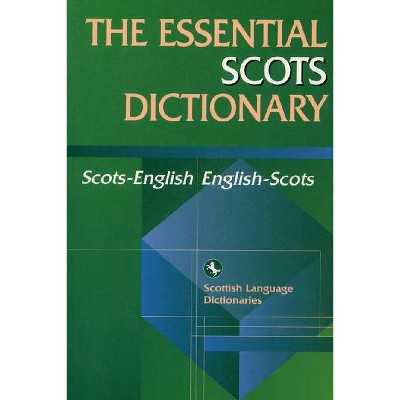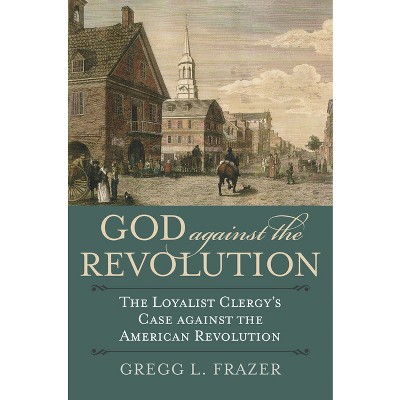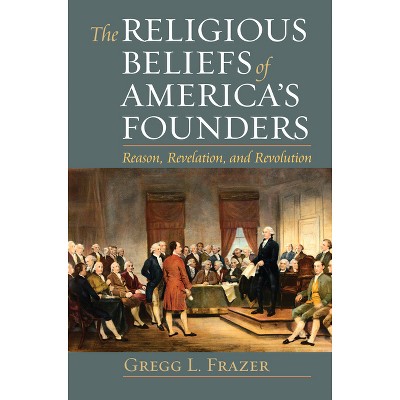Sponsored

Protestantism, Revolution and Scottish Political Thought - (Scottish Religious Cultures: Historical Perspectives) by Karie Schultz
In Stock
Sponsored
About this item
Highlights
- During the Scottish Revolution (1637-1651), royalists and Covenanters appealed to Scottish law, custom and traditional views on kingship to debate the limits of King Charles I's authority.
- About the Author: Karie Schultz is a Leverhulme Early Career Fellow at the University of St Andrews where she is working on a project about early modern British and Irish student migration.
- 208 Pages
- History, Europe
- Series Name: Scottish Religious Cultures: Historical Perspectives
Description
About the Book
The first comparative analysis of royalist and Covenanter political thought within a cross-confessional European contextBook Synopsis
During the Scottish Revolution (1637-1651), royalists and Covenanters appealed to Scottish law, custom and traditional views on kingship to debate the limits of King Charles I's authority. But they also engaged with the political ideas of sixteenth- and seventeenth-century Protestant and Catholic intellectuals beyond the British Isles. This book explores the under-examined European context for Scottish political thought by analysing how royalists and Covenanters adapted Lutheran, Calvinist, and Catholic political ideas to their own debates about church and state. In doing so, it argues that Scots advanced languages of political legitimacy to help solve a crisis about the doctrines, ceremonies and polity of their national church. It therefore reinserts the importance of ecclesiology to the development of early modern political theory.
From the Back Cover
The first comparative analysis of royalist and Covenanter political thought within a cross-confessional European context During the Scottish Revolution (1637-1651), royalists and Covenanters appealed to Scottish law, custom and traditional views on kingship to debate the limits on King Charles I's authority. However, they also engaged with the political, legal and ecclesiological ideas of 16th - and 17th-century Protestant and Catholic authors beyond the British Isles. This book explores the under-examined European context for Scottish political thought, analysing how royalists and Covenanters adapted Lutheran, Calvinist and Catholic ideas to their own debates about church and state. By focusing on Covenanted Scotland (a location often overlooked in histories of early modern political thought), this book provides a critical new perspective on how ecclesiological concerns informed the advancement of political ideas commonly associated with secularisation and the modern state. In doing so, it also demonstrates the diversity of intellectual traditions underlying the religious and political transformations of this revolutionary period in Scottish history. Key Features - Provides a comprehensive examination of the intellectual traditions underlying the Scottish Revolution. - Highlights the diversity of early modern Scottish intellectual culture by comparing royalist and Covenanter ideas about church and state. - Situates Scottish political thought in a cross-confessional and transnational European context (rather than an exclusively British, Scottish or Reformed one). - Challenges secularisation narratives by examining intrinsic connections between ecclesiology and political thought. - Demonstrates interdisciplinary engagement with political thought, theology and philosophy. Karie Schultz is a Leverhulme Early Career Fellow at the University of St Andrews.Review Quotes
A valuable contribution to the scholarship of religious and political ideas in early modern Scotland.--James Morrison, Union Theological College Belfast "Studies in Puritanism and Piety"
A well-sourced, informative read on the different ecclesiological and political perspectives underlying the Scottish Revolution.--James Clark "The North American Anglican"
Provides an in-depth, nuanced examination of a part of early modern European intellectual history and lays the groundwork for better understanding how, only a century later, the Scottish Enlightenment could bloom.--J. J. Butt, Emeritus, James Madison University "CHOICE"
It is a testament to the author that one is left wondering why no one has done this sort of analysis before. It takes a unique skill set to be able to offer an analysis of such a wide range of pan-European scholarship and to then understand how it related to the constitutional crises that gripped Britain and Ireland in this period.--Chris R. Langley, The Open University "Scottish Church History"
Seventeenth-century Scotland has often been dismissed as an intellectual backwater, but Karie Schultz's scintillating book documents the sophistication and cosmopolitanism of its political thinkers. Encompassing Covenanters and royalists, and exploring Calvinist engagement with Catholic theorists, Schultz provides a more subtle account of the 'secular' and 'religious' dimensions of Reformed politics. This book deserves a wide readership among scholars of the British Revolutions, Protestant political thought, and early modern intellectual history.--John Coffey, University of Leicester
About the Author
Karie Schultz is a Leverhulme Early Career Fellow at the University of St Andrews where she is working on a project about early modern British and Irish student migration. She completed her PhD at Queen's University Belfast in 2020, followed by a Rome Postdoctoral Fellowship at the British School at Rome. She has research interests in the intellectual history of early modern Britain and Europe, focusing specifically on connections between political thought and theology. She has also published widely on Scottish intellectual history, university education and the Catholic mission.
Shipping details
Return details
Frequently bought together
Trending Non-Fiction






